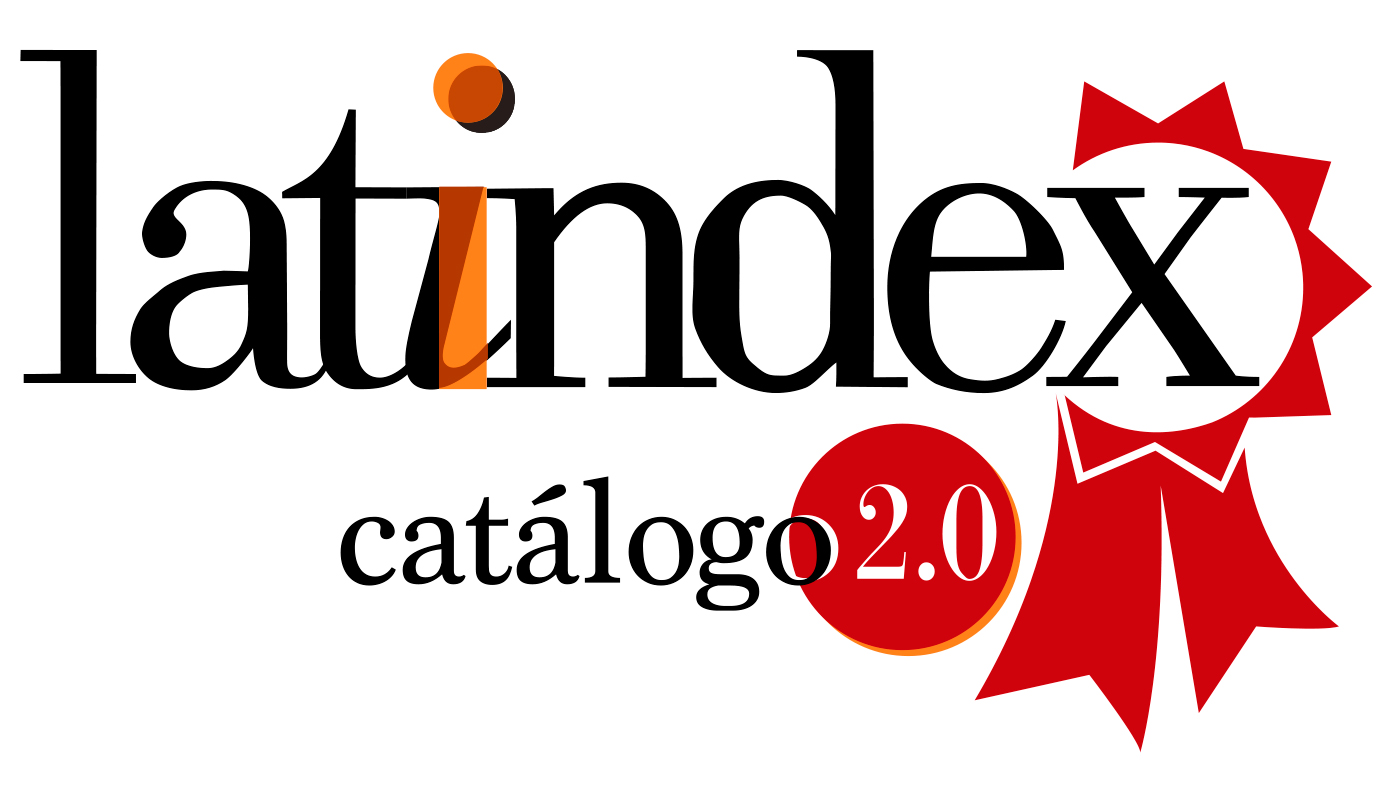Two historic cases to understand specific ignorance and its relation with science
Abstract
ignorance is one influential situation for scientific work, especially because that state is not unidimensional, there are different grades of ignorance, inter alia, specific ignorance, pointed as the one that preferably accompanies researching work. The current article tries to strengthen that affirmation using two historic cases which are the conception of pestiferous diseases and the discovery of blood circulation. Their routes shows that scientific knowledge parts from ignoring something about an object.
References
Antaki, I. (2002). Ciencia. España: Ed. Joaquín Moritz.
Gaston. B. (2002). Estudios. Madrid: Amorrortu editores.
Bhaskar, R. (1999). Filosofía y realismo científico. México: UNAM-IFF.
Bhaskar, R. (1989). Reclaiming reality. NY: Routledge.
Bonnassie, P. (1999). Vocabulario básico de la historia medieval. Barcelona: Crítica
Canguilhem, G. (2005). Ideología y racionalidad en la historia de las ciencias de la vida. Buenos Aires: Amorrortu.
Caponi, S. (2002ª). La generación espontánea y la preocupación higienista por la diseminación de los gérmenes. en História, Ciências, Saúde Manguinhos, 9 (3), 591-608.
Caponi, S. 2002b. Miasmas, microbios y conventillos. en Asclepio, LIV (1), 155-182.
Debus, A. G. (2018). El hombre y la naturaleza en el Renacimiento. México: FCE.
DeNicola, D. (2017). Understanding ignorance. USA: MIT press.
Firestein, S. (2012). Ignorance. How it drives science. USA: Oxford University Press.
Gross, M. & McGoey, L. (2017). Routledge International Handbook of Ignorance Studies. NY: Routledge
Hertwig, R. & Engel, Ch. (2020). Homo ignorans: deliberatly choosing not to know. USA: MIT Press.
Jara, D. (2022). Tratado de la ciencia canalla. México: FCE.
Kuhn, Th. (2007). La estructura de las revoluciones científicas. México: FCE.
Lakatos, I. (1970). Criticism and the growth of knowledge. London: Cambridge University Press.
Jaime Nieto, J. (2019). Por qué hablar de una ignorancia específica y su influencia en el desarrollo del conocimiento, en La Bohemia, un espacio de reflexión filosófica, Valparaíso, ISSN 0719-8515, Año III, Número 5, (marzo)
Jaime Nieto, J. (2022). La doble naturaleza en el concepto de anomalía en Thomas Kuhn, en Reflexiones Marginales, Revista de la facultad de filosofía y letras, UNAM, ISSN 2007- 8501, Año 11, Número 71, (mayo)
Jaime Nieto, J. (2023). La ficción de los modelos científicos como forma de ignorancia específica, en Revista de Filosofía, Universidad del Zulia, Maracaibo-Venezuela, ISSN: 0798-1171 / e-ISSN: 2477-9598, Nº105, Vol. 40, (Jul-Sep)
Jaime Nieto, J. (2024). Síntesis histórica sobre la concepción filosófica de la ignorancia en la antigüedad, la edad media y la modernidad, en Phainomenon, ISSN 1812-9536 / e-ISSN 2708-5023, Vol. 23, N. 1 (Ene-Jun)
Peels, R. (2023). Ignorance. A philosophical study. USA: Oxford University Press.
Peels, R. & Blaauw, M. (2016). The Epistemic Dimensions of Ignorance. UK: Cambridge University Press.
Proctor, R. (2008). Agnotology. The making and unmaking of ignorance. USA: Stanford University Press
Rescher, N. (2009). Ignorance. USA: University of Pittsburgh Press.
Soto Posada, G. (trad). (2019), De Natura Rerum. Isidoro de Sevilla. en Escritos, 58, 143-197.
Ziman, J. (2005). Real science. What it is, and what it means. UK: Cambridge University Press.





